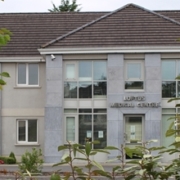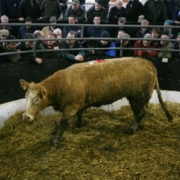Gospel and reflection 18.9.2022
Gospel
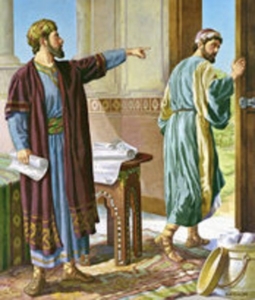
“A rich man had a steward
who was reported to him for squandering his property.
He summoned him and said,
‘What is this I hear about you?
Prepare a full account of your stewardship,
because you can no longer be my steward.’
The steward said to himself, ‘What shall I do,
now that my master is taking the position of steward away from me?
I am not strong enough to dig and I am ashamed to beg.
I know what I shall do so that,
when I am removed from the stewardship,
they may welcome me into their homes.’
He called in his master’s debtors one by one.
To the first he said,
‘How much do you owe my master?’
He replied, ‘One hundred measures of olive oil.’
He said to him, ‘Here is your promissory note.
Sit down and quickly write one for fifty.’
Then to another the steward said, ‘And you, how much do you owe?’
He replied, ‘One hundred kors of wheat.’
The steward said to him, ‘Here is your promissory note;
write one for eighty.’
And the master commended that dishonest steward for acting prudently.
“For the children of this world
are more prudent in dealing with their own generation
than are the children of light.
I tell you, make friends for yourselves with dishonest wealth,
so that when it fails, you will be welcomed into eternal dwellings.
The person who is trustworthy in very small matters
is also trustworthy in great ones;
and the person who is dishonest in very small matters
is also dishonest in great ones.
If, therefore, you are not trustworthy with dishonest wealth,
who will trust you with true wealth?
If you are not trustworthy with what belongs to another,
who will give you what is yours?
No servant can serve two masters.
He will either hate one and love the other,
or be devoted to one and despise the other.
You cannot serve both God and mammon.”
REFLECTION
Sometimes when we look at our lives, we can get very discouraged. We are very aware of our failings and weaknesses. We are aware of continuing to struggle with personal issues that have dogged us for years. If we focus too much on what is wrong in our lives, we can fail to see what is good there. We are often much more alert to criticism than to praise. Even in our weakest moments, there remains much good in every one of us. We are all a mixture of the good and the not so good. In one of Jesus’ parables he speaks of a field of wheat with weeds through it. In the story, the farmer rejects the labourer’s suggestion to pull up the weeds straight away. The farmer was more patient; he knew that if the weeds were pulled up some of the wheat would be pulled up too. He ordered that both be let grow until harvest time. Being too focused on getting rid of what is not right in our lives can damage what is good there.
The Lord knows that we are all a work in progress. He has begun a good work in us but he has yet to bring it to completion. We are all a mixture of the good and the not so good, but with the Lord’s help the good can ultimately prevail. The main character in the parable in today’s gospel reading seems to have left a lot to be desired. He was the chief steward of a very rich man and over time he had been wasteful with the rich man’s property. The rich man felt that he had no option but to fire him. He couldn’t live with his steward’s dishonesty indefinitely. When the steward discovered he was shortly to be fired he found himself in a crisis. It could be said that he was getting what he deserved. He had been acting dishonestly to benefit himself, cheating on his rich employer. Yet, there was more to this steward than his dishonesty. In this moment of crisis, he recognized that the good will of others was more important than possessions and wealth. He acted in a way to secure the good will of the tenants who worked on the rich man’s land. He reduced the debt they owed to the rich man. Perhaps he was foregoing the cut that he was taking for himself. Now that he was being fired, he would have the good will of the tenants who might take him into their home until he found his feet again. Even the rich man had to praise his steward’s cleverness. There was something positive about this man after all. It took a personal crisis to make him realize that he needed the support and the friendship of others to survive in life. He came to see that life wasn’t just about taking for himself. Life was also about giving, and making connections with others through the giving. When the steward was at his lowest, when everything had been taken from him, he began to see more clearly what really mattered. When he had lost everything, he began to take a turn for the better. It sometimes takes a crisis to bring to life the good that has been lying dormant within us.
The steward behaved generously towards the tenants of the rich man because he came to realize late in the day that he was dependent on them. In this time of crisis he would need some of them to welcome him into their homes. We all need people to be supportive of us, especially in moments of crisis in our lives, when we sense our vulnerability and frailty. We are not completely independent agents; we depend on one another in various ways. We are completely dependent on others at the beginning of life. Without the loving support of some adult, we wouldn’t survive as babies. We are often completely dependent on others at the end of our lives. Without the loving support of family, friends, carers, medical staff, our final weeks and months would be so much more difficult. What is true of the beginning and end of our lives is also true, to a lesser extent, of our lives in between. We depend on others and others depend on us. We have much to give to others, and much to receive from others. In the gospel reading, Jesus calls on us to give of our financial resources to serve the wellbeing of others, ‘use money, tainted as it is, to win you friends’. Many people’s financial resources are very limited at present. Yet, there remains much we can give to other, such as, our time, our energy, our gifts, our presence, our prayers. In the second reading, Saint Paul calls on the members of the church to pray for those in authority. Even those in authority are dependent on those they govern, especially on their prayers. We need to pray for ourselves and for each other because it is the Lord on whom we all depend the most.
PRAYER
Lord of all, help me to keep You as the one and only Master of my life. Give me the grace I need to detach from all that is of this world, so as to live for You and in accord with Your will alone. I love You, dear Lord. Help me to love You above all else. Jesus, I trust in You.

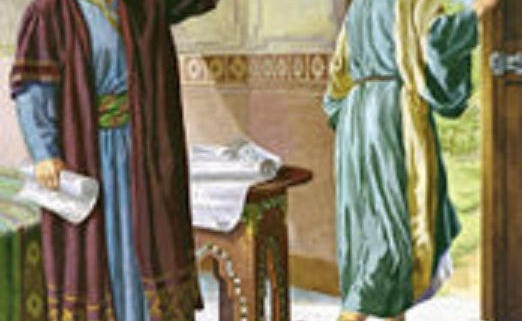
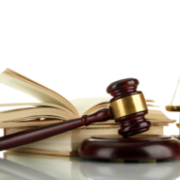 William G. Henry & Co., Solicitors
William G. Henry & Co., Solicitors Stewart Fuel Oils, Boyle
Stewart Fuel Oils, Boyle

